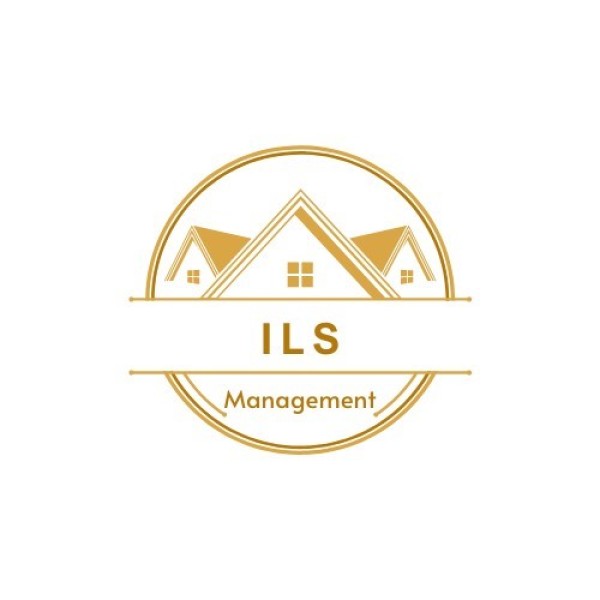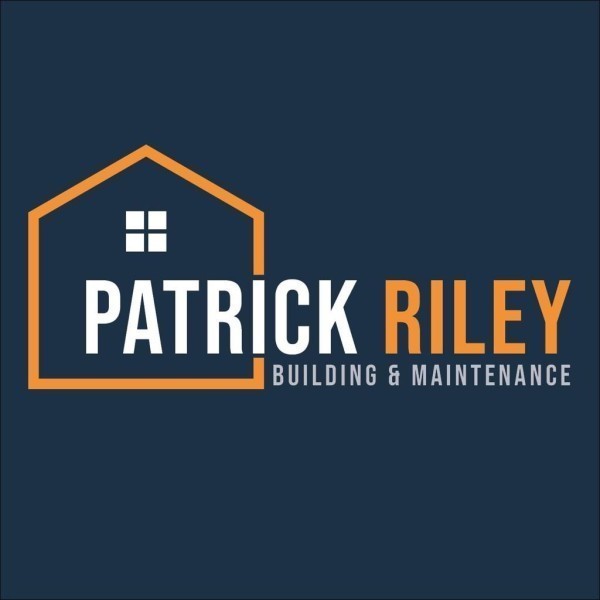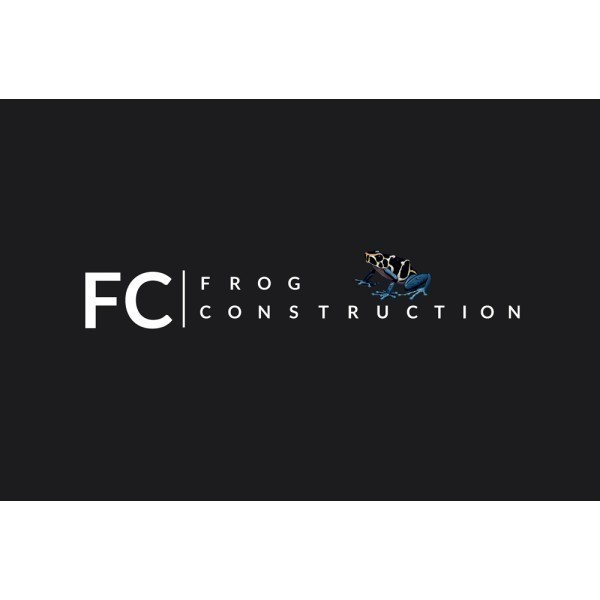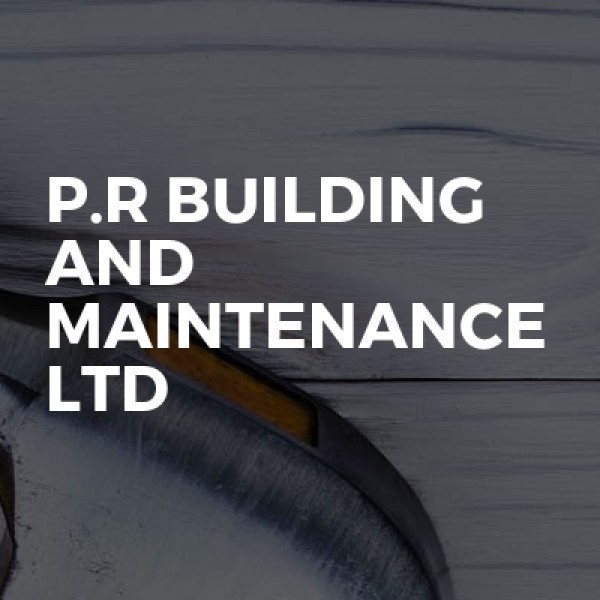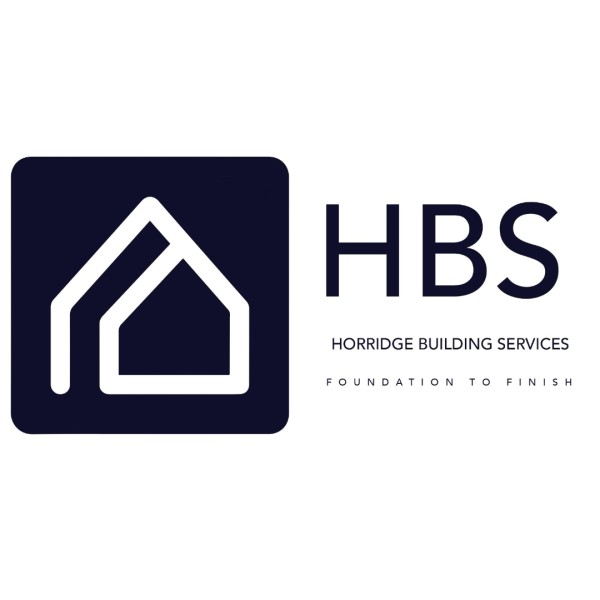Loft Conversions in Urmston
Filter your search
Post your job FREE and let trades come to you
Save time by filling out our simple job post form today and your job will be sent to trades in your area so you can sit back, relax and wait for available trades to contact you.
Post your job FREESearch Loft Conversions in places nearby
- Loft Conversions in Abram
- Loft Conversions in Altrincham
- Loft Conversions in Ashton-in-Makerfield
- Loft Conversions in Ashton-Under-Lyne
- Loft Conversions in Atherton
- Loft Conversions in Bolton
- Loft Conversions in Bramhall
- Loft Conversions in Buckley
- Loft Conversions in Bury
- Loft Conversions in Chadderton
- Loft Conversions in Cheadle
- Loft Conversions in Cheadle Hulme
- Loft Conversions in Denton
- Loft Conversions in Droylsden
- Loft Conversions in Dukinfield
- Loft Conversions in Eccles
- Loft Conversions in Failsworth
- Loft Conversions in Farnworth
- Loft Conversions in Gatley
- Loft Conversions in Golborne
- Loft Conversions in Hale
- Loft Conversions in Hazel Grove
- Loft Conversions in Heywood
- Loft Conversions in Hindley
- Loft Conversions in Horwich
- Loft Conversions in Hyde
- Loft Conversions in Ince in Makerfield
- Loft Conversions in Irlam
- Loft Conversions in Kearsley
- Loft Conversions in Leigh
- Loft Conversions in Littleborough
- Loft Conversions in Little Lever
- Loft Conversions in Manchester
- Loft Conversions in Marple
- Loft Conversions in Middleton
- Loft Conversions in Milnrow
- Loft Conversions in Mossley
- Loft Conversions in Oldham
- Loft Conversions in Pendlebury
- Loft Conversions in Prestwich
- Loft Conversions in Radcliffe
- Loft Conversions in Ramsbottom
- Loft Conversions in Rochdale
- Loft Conversions in Romiley
- Loft Conversions in Royton
- Loft Conversions in Sale
- Loft Conversions in Salford
- Loft Conversions in Shaw
- Loft Conversions in Stalybridge
- Loft Conversions in Standish
- Loft Conversions in Stockport
- Loft Conversions in Stretford
- Loft Conversions in Swinton
- Loft Conversions in Tyldesley
- Loft Conversions in Walkden
- Loft Conversions in Westhoughton
- Loft Conversions in Whitefield
- Loft Conversions in Wigan
- Loft Conversions in Worsley
Understanding Loft Conversions in Urmston
Loft conversions in Urmston have become a popular choice for homeowners looking to maximise their living space without the hassle of moving. This charming town, nestled in Greater Manchester, offers a unique blend of suburban tranquillity and urban convenience, making it an ideal location for such home improvements. In this article, we'll explore the ins and outs of loft conversions, providing you with a comprehensive guide to transforming your attic into a functional and stylish space.
The Benefits of Loft Conversions
Loft conversions offer a myriad of benefits that make them an attractive option for homeowners. Firstly, they provide additional living space, which can be used for various purposes such as a bedroom, home office, or playroom. This extra space can significantly enhance the functionality of your home, catering to the evolving needs of your family.
Moreover, a well-executed loft conversion can increase the value of your property. In a competitive housing market, having an extra room can set your home apart, making it more appealing to potential buyers. Additionally, loft conversions are often more cost-effective than traditional extensions, as they utilise existing space rather than requiring new foundations.
Types of Loft Conversions
There are several types of loft conversions to consider, each with its own set of advantages and considerations. The most common types include:
- Velux Loft Conversion: This type involves installing Velux windows into the existing roof structure, allowing natural light to flood the space. It's a cost-effective option that doesn't require significant structural changes.
- Dormer Loft Conversion: A dormer conversion extends the existing roof, creating additional headroom and floor space. It's a versatile option that can accommodate various room layouts.
- Mansard Loft Conversion: This involves altering the roof structure to create a flat roof with a steep back wall. It's ideal for maximising space but requires more extensive construction work.
- Hip to Gable Loft Conversion: Suitable for semi-detached or detached homes, this conversion involves extending the hip roof to create a gable wall, increasing the loft's usable space.
Planning Permission and Building Regulations
Before embarking on a loft conversion in Urmston, it's crucial to understand the planning permission and building regulations involved. Generally, loft conversions fall under permitted development rights, meaning you may not need planning permission. However, there are exceptions, particularly if your property is in a conservation area or if the conversion involves significant structural changes.
Building regulations, on the other hand, are mandatory for all loft conversions. These regulations ensure that the conversion is structurally sound, safe, and energy-efficient. Key considerations include fire safety, insulation, and access. It's advisable to consult with a professional architect or builder to ensure compliance with all necessary regulations.
Choosing the Right Professionals
Undertaking a loft conversion is a significant investment, so it's essential to choose the right professionals for the job. Start by researching local architects and builders with experience in loft conversions. Look for professionals with a solid portfolio and positive client testimonials.
Once you've shortlisted potential candidates, arrange consultations to discuss your project. During these meetings, assess their expertise, communication skills, and understanding of your vision. It's also important to obtain detailed quotes and timelines to ensure transparency and avoid unexpected costs.
Designing Your Loft Space
The design phase is where your loft conversion truly comes to life. Consider how you intend to use the space and what features are essential. For instance, if you're creating a bedroom, you'll need adequate storage and lighting. A home office may require built-in desks and shelving.
Work closely with your architect or designer to create a layout that maximises space and functionality. Consider incorporating skylights or dormer windows to enhance natural light and ventilation. Additionally, choose a colour palette and furnishings that complement the rest of your home, creating a cohesive and inviting atmosphere.
Cost Considerations
The cost of a loft conversion in Urmston can vary significantly depending on the type of conversion, the size of the space, and the materials used. On average, you can expect to pay between £20,000 and £50,000 for a standard conversion. However, more complex projects, such as mansard conversions, may exceed this range.
When budgeting for your loft conversion, consider additional costs such as planning fees, building regulations approval, and interior furnishings. It's wise to set aside a contingency fund to cover any unforeseen expenses that may arise during the project.
Maximising Energy Efficiency
Energy efficiency is a crucial consideration for any loft conversion. Proper insulation is essential to prevent heat loss and reduce energy bills. Consider using high-quality insulation materials for the walls, roof, and floors.
Additionally, opt for energy-efficient windows and doors to minimise drafts and improve thermal performance. Installing energy-efficient lighting and heating systems can further enhance the sustainability of your loft conversion.
Addressing Common Challenges
Loft conversions can present several challenges, but with careful planning and expert guidance, these can be overcome. One common issue is limited headroom, which can be addressed by choosing the right type of conversion or adjusting the roof structure.
Access is another consideration, as you'll need to install a staircase to connect the loft to the rest of your home. Ensure the staircase design complies with building regulations and complements your home's interior.
Creating a Multi-Functional Space
One of the greatest advantages of a loft conversion is the ability to create a multi-functional space. Consider incorporating flexible furniture and storage solutions that allow the room to adapt to different uses over time.
For example, a sofa bed can transform a home office into a guest room, while modular shelving can accommodate both books and decorative items. By designing a versatile space, you can maximise the utility and enjoyment of your loft conversion.
Incorporating Natural Light
Natural light can transform a loft conversion, making it feel bright and welcoming. Consider installing skylights or roof windows to flood the space with daylight. These windows can be strategically placed to capture the sun's path throughout the day.
Additionally, use light-coloured walls and furnishings to reflect light and create an airy atmosphere. Mirrors can also be used to enhance the sense of space and brightness in the room.
Enhancing Privacy and Soundproofing
Privacy and soundproofing are important considerations, especially if your loft conversion will be used as a bedroom or home office. Consider installing soundproofing materials in the walls and floors to minimise noise from the rest of the house.
For added privacy, choose window treatments that allow you to control light and visibility. Blackout blinds or curtains can be particularly useful for bedrooms, ensuring a restful night's sleep.
Adding Personal Touches
Your loft conversion should reflect your personal style and preferences. Consider adding unique touches such as artwork, decorative lighting, or custom-built furniture. These elements can add character and make the space truly your own.
Additionally, consider incorporating plants or greenery to bring a touch of nature indoors. Plants can improve air quality and create a calming atmosphere, enhancing the overall ambience of your loft conversion.
Maintaining Your Loft Conversion
Once your loft conversion is complete, regular maintenance is essential to ensure its longevity and functionality. Keep an eye on the condition of the roof and windows, addressing any leaks or damage promptly.
Regularly clean and inspect the space to prevent dust and clutter from accumulating. By maintaining your loft conversion, you can enjoy its benefits for years to come.
Frequently Asked Questions
- Do I need planning permission for a loft conversion in Urmston? Most loft conversions fall under permitted development rights, but it's best to check with your local council.
- How long does a loft conversion take? The duration varies, but most projects take between 6 to 12 weeks.
- Can I convert any loft? Most lofts can be converted, but factors like headroom and roof structure need to be considered.
- What is the most cost-effective type of loft conversion? Velux conversions are typically the most affordable option.
- Will a loft conversion add value to my home? Yes, a well-designed conversion can increase your property's value.
- How do I choose the right builder for my loft conversion? Look for experienced professionals with positive reviews and a strong portfolio.
Loft conversions in Urmston offer a fantastic opportunity to enhance your home, providing additional space and increasing property value. With careful planning and the right professionals, you can transform your loft into a beautiful and functional area that meets your needs and reflects your personal style.





